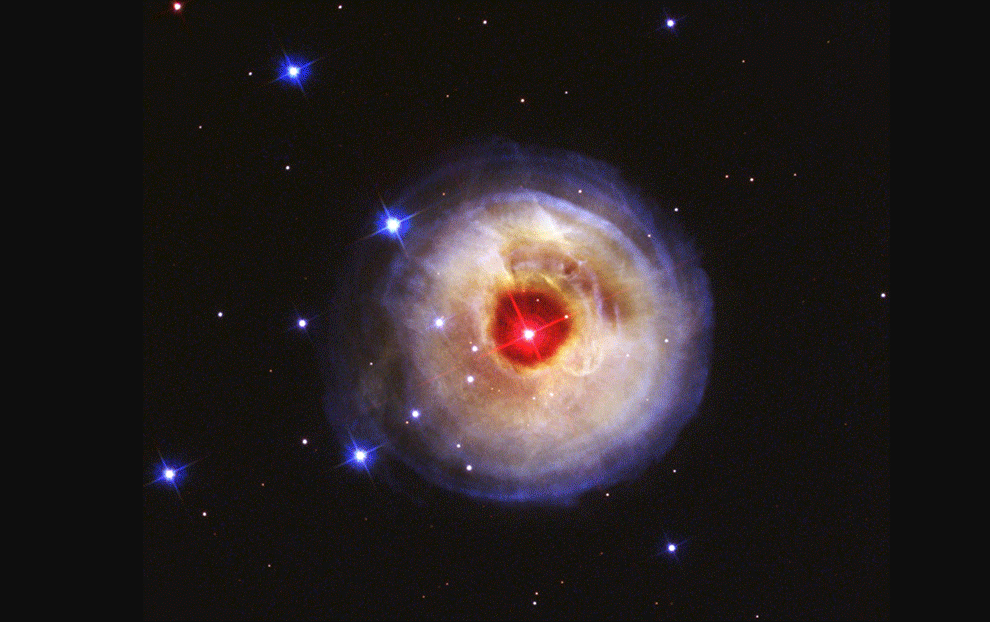You may have seen this very interesting article on the future of space exploration featuring an interview with the head of NASA.
However, the NASA head lamented the end of the space shuttle program in 2010, concerned that in the interim period at least the United States will be reliant on other nations to reach the heavens.
“There will be a gap. I don’t like it but there it is. For the US to lose even for a period of time independent access to space, I don’t think it’s a good thing.”
In the time between the shuttle retires and the new generation of US spacecraft — Orion — gets off the ground, US astronauts will have to rely on the Russian Soyuz spacecraft to reach the International Space Station.
“I think that is a dangerous position to be in,” said Griffin. “If anything at all in that five-year period goes wrong with the Russian Soyuz … that is a great concern.”
As much as it costs, NASA is a tiny part of the federal annual budget. It is really stupid for us to have worked ourselves into any form of dependence on Russia, given its rising bellicosity, its use of Venezuela as a wedge into the Americas, its rearming, and its obvious bad intentions. We will have cause to wish that past Congress critters had been a bit wiser, a bit less parsimonious in NASA funding, and a whole lot more far-seeing.
Apollo was canceled because Congress wanted to spend the money on social program, essentially. The Shuttle was a bizarre compromise between the military and NASA. And Congress has continued to starve NASA of funding for research and development of new space transportation systems, while finding money for ever expanding entitlement programs costing HUGELY more. Just the PORK in every annual budget for the last 30 years would have seen us already on MARS and exploring the asteroids for resources.
The name for spending money on social short-term political benefit, instead of on R&D, is “eating your seed corn”. You can’t plant it after you eat it.
Maybe that’s part of the reason the price of corn has gone up.
Tags: Russia, shuttle, space


